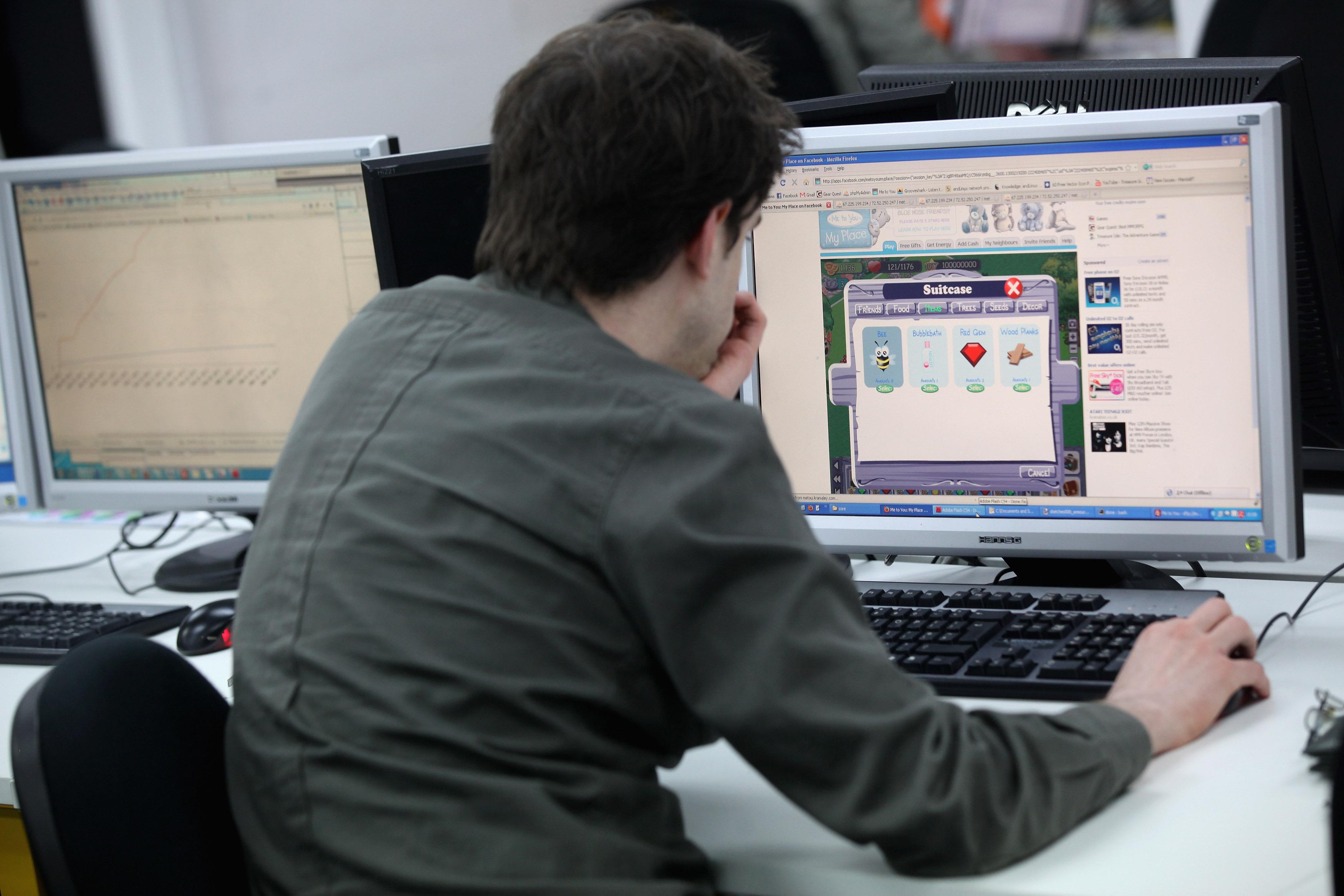This story first appeared in Inc.
These days there are more options than ever to avoid ever feeling truly bored. Got five minutes to spare? Whip out your phone for some gaming or trawl through Twitter. Have a bit more time? Thanks to the wonders of tech you can download your favorite music or TV show in minutes and fill the gap.
At first blush that sounds like a great thing. Who likes being bored, after all? But according to psychologists, if you’re keeping yourself perpetually engaged, you may be missing out on the benefits of boredom—yup, you heard that right, boredom, it turns out, is actually good for us.
The Benefits of Boredom
How? Idle brains, scientists have found, aren’t just a source of pointless pain. Being bored actually signals to the mind that you’re in need of fresh ideas and spurs creative thinking.
Researchers recently confirmed the counterintuitive creativity-boosting effects of boredom by subjecting one group of study participants to the mind-numbing task of copying out the telephone book for 15 minutes. After attaining a state of utter boredom in this manner, the study subjects were then given a standard test of creativity in which they needed to come up with as many uses as possible for a common household item (in this case a plastic cup). Their results were compared to those of a control group that hadn’t been pre-tormented with boredom. The telephone book copiers, it turns out, were more creative.
A follow-up study compared those who were given passive but boring tasks (just reading the phone book, i.e. the rough equivalent of hearing someone drone on stultifyingly at a meeting) to those completing the original active but boring task of writing out telephone numbers. Boredom plus daydreaming while passively bored, the psychologists discovered, was an even greater productivity boost (may that be some comfort to you during your next interminable meeting).
PsyBlog points out that writers have long known about and exploited this reality, offering a quote from comedy writer Graham Linehan as an illustration: “I have to use all these programs that cut off the Internet, force me to be bored, because being bored is an essential part of writing, and the Internet has made it very hard to be bored. The creative process requires a period of boredom, of being stuck.”
The Takeaway for Bosses
The author of the telephone book study, Dr. Sandi Mann, commented that “boredom at work has always been seen as something to be eliminated, but perhaps we should be embracing it in order to enhance our creativity.”
Bosses, she notes, who demand constant busyness may actually be inadvertently denting their team’s creativity. “Employers, who are under the misguided notion that boredom is a problem to be eliminated in the workplace through increased activities and tasks, should look to embrace it in order to enhance employee creativity,” she advises.
Are you going overboard with your efforts to eliminate boredom?
See Also: Turbulent Times Ahead for Mobile Health
